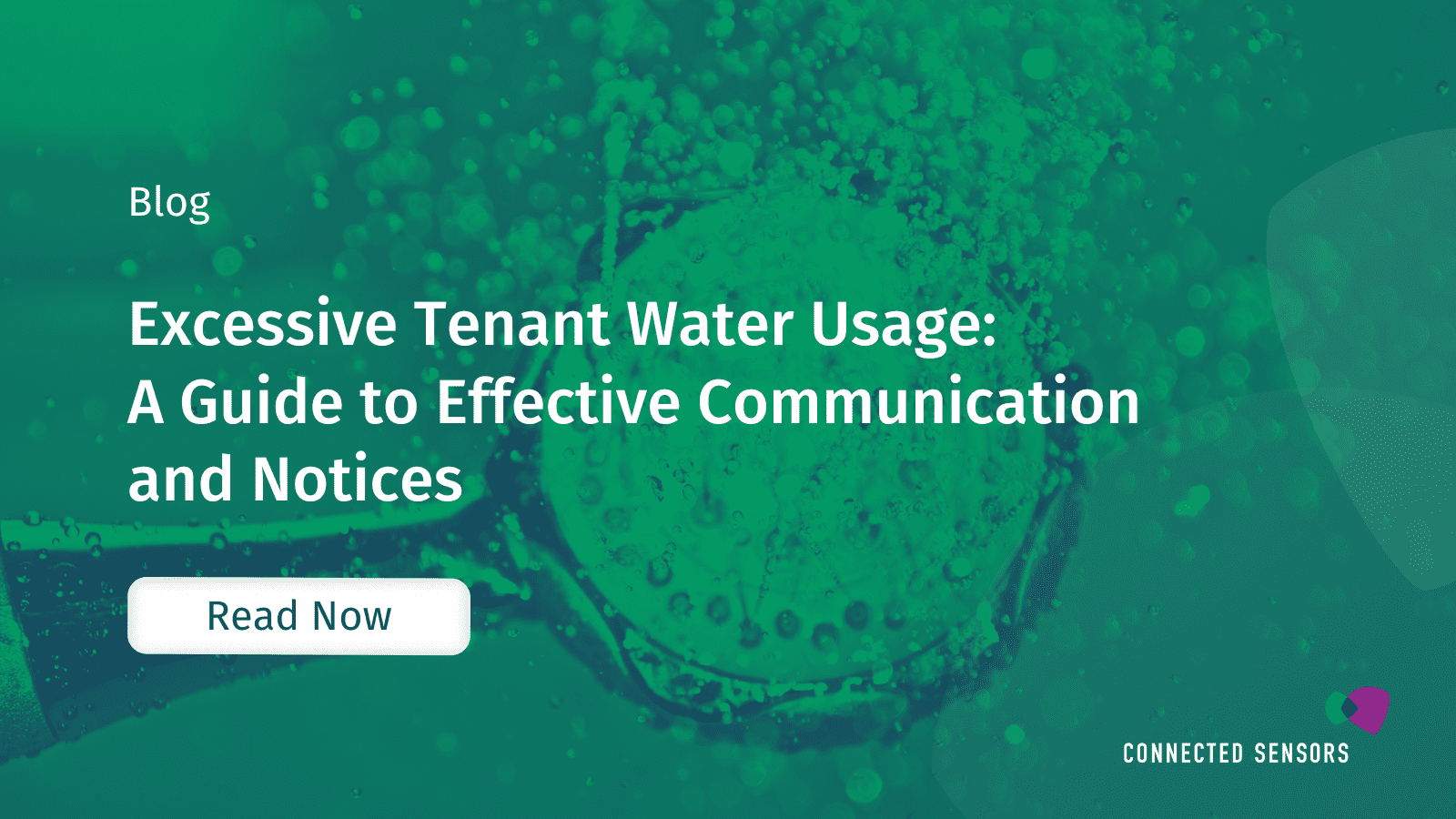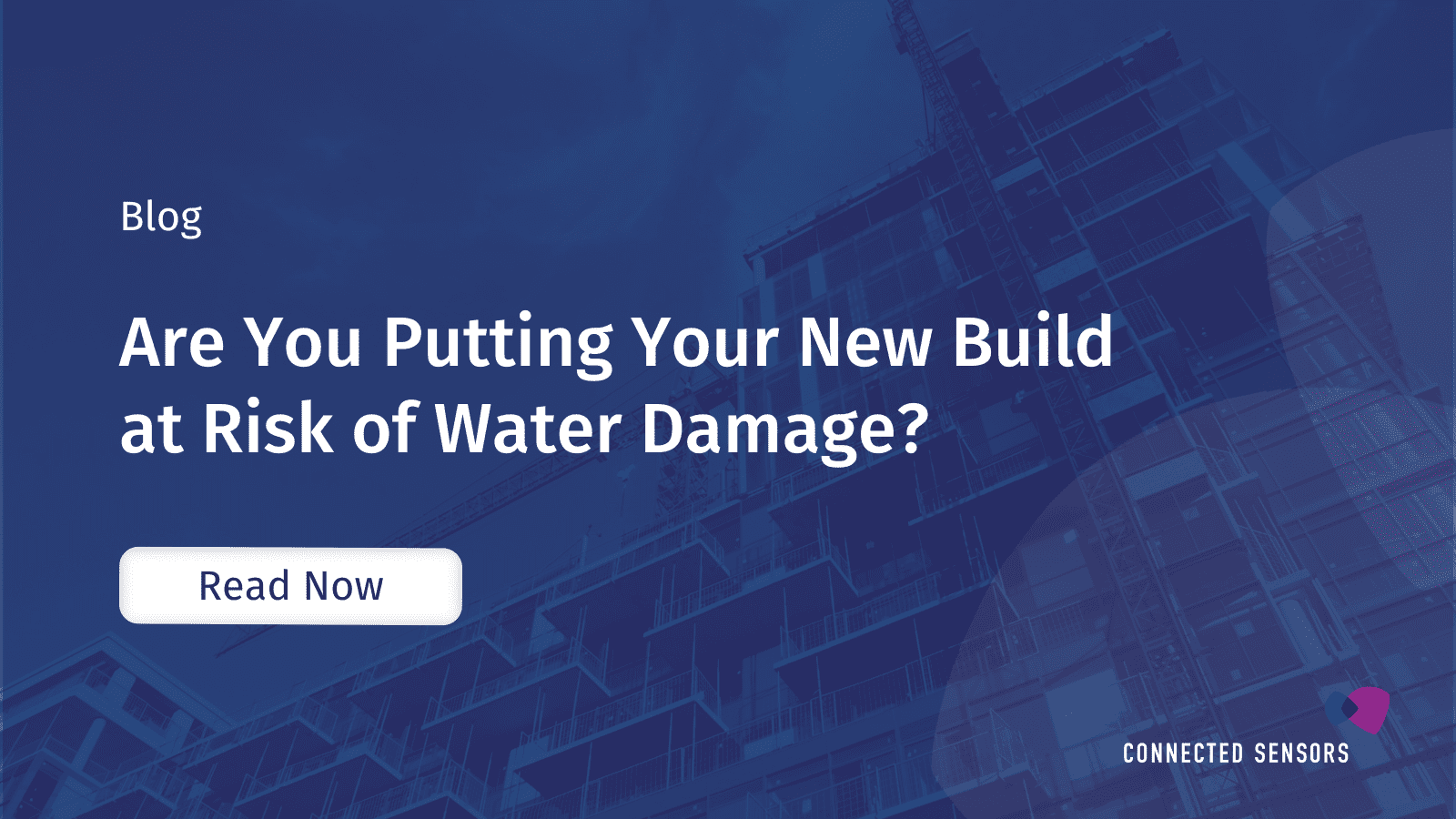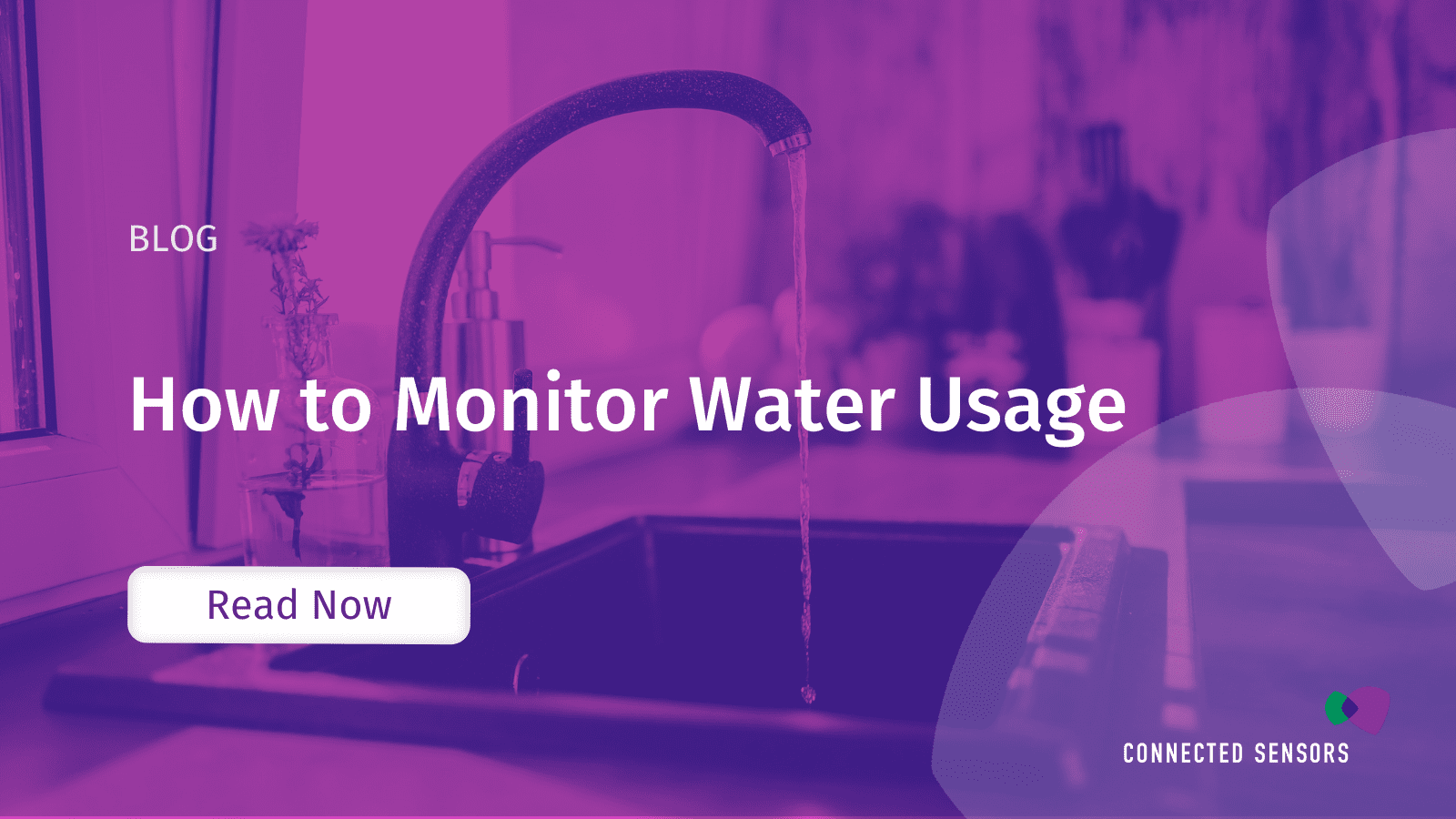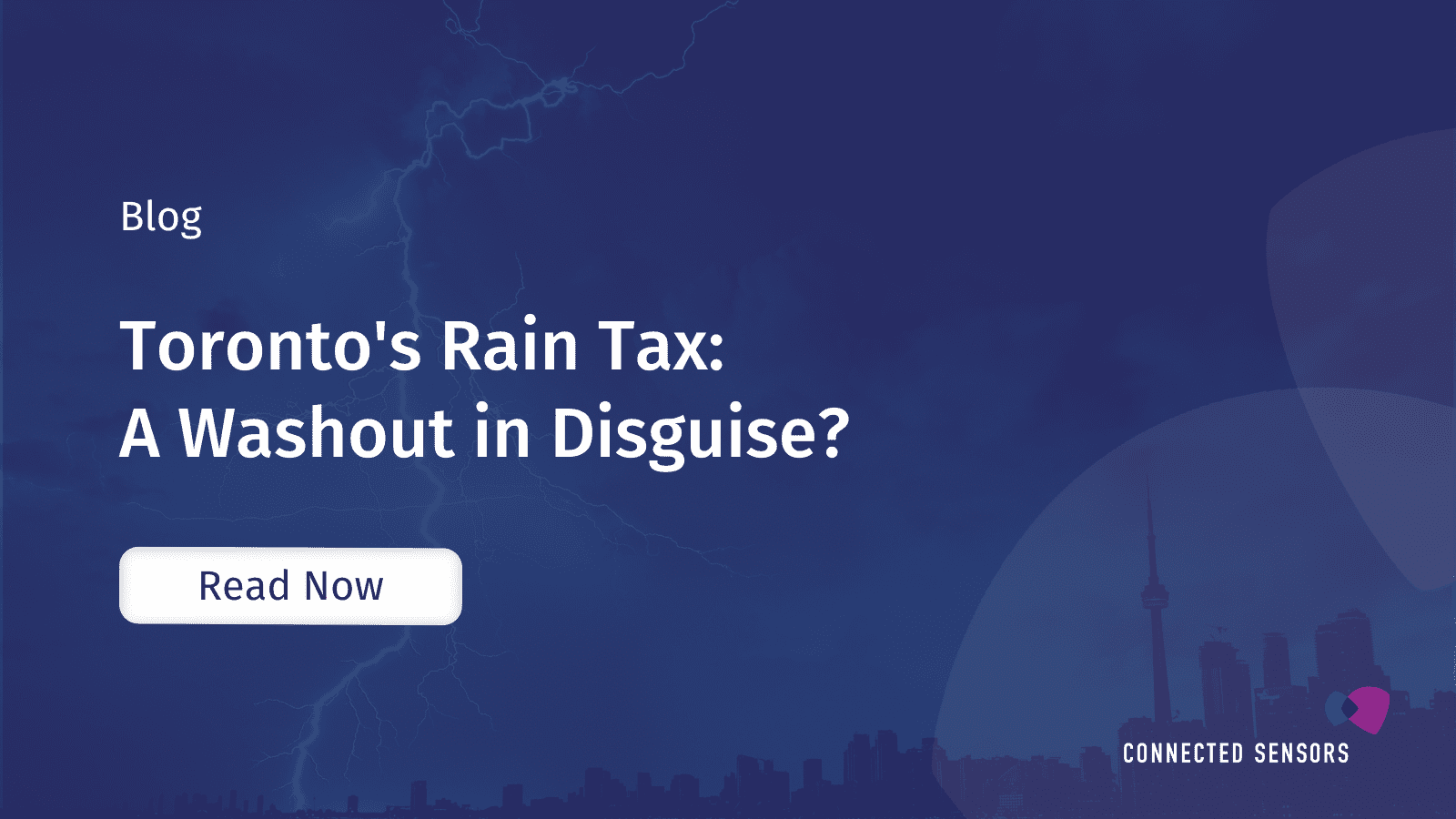





In modern commercial and multi-family properties, the integration of Internet of Things (IoT) technology has become increasingly prevalent, revolutionizing how these spaces are managed and monitored. From optimizing energy usage to leak detection and flood prevention, IoT sensors are pivotal in ensuring efficiency, safety, and sustainability. However, one of the most crucial aspects that directly impacts the effectiveness of these sensors is their battery life.
Frequent battery replacements represent a significant maintenance burden for property managers, adding to operational costs and requiring dedicated personnel to manage. A study by McKinsey & Company found that battery replacements can account for up to 30% of the total cost of ownership for an IoT device. Scaling this process across hundreds of sensors within a large property compounds the issue further, consuming both time and resources that could be allocated elsewhere for more strategic purposes. The logistical challenge of coordinating regular battery changes across a vast sensor network underscores the importance of maximizing battery life to minimize maintenance requirements.
Dead batteries in IoT sensors create notable blind spots in data collection, potentially leading to missed detection of critical events such as water leaks or abnormal water usage patterns. These data gaps undermine the reliability of sensor networks, compromising their ability to provide timely insights and alerts essential for proactive decision-making and effective property management. Maximizing battery life helps mitigate this risk, ensuring continuous data collection and reducing the likelihood of missing important events.
Beyond the operational challenges of frequent battery replacements, there is also a significant environmental impact. Disposing of spent batteries contributes to electronic waste, posing a threat to sustainability efforts and environmental conservation. Property managers striving to adopt eco-friendly practices must carefully consider the implications of battery consumption within their IoT sensor networks. By extending battery life, property managers can reduce the frequency of battery replacements, thereby minimizing their environmental footprint and supporting sustainability initiatives.
Extending battery life is not solely about reducing operational burdens; it also enhances the reliability of data collected by IoT sensors. Continuous data collection ensures that every event is captured, enabling property managers to make proactive decisions and implement timely interventions when necessary. Reliable data collection is essential for identifying trends, detecting anomalies, and optimizing property management practices to effectively enhance efficiency and mitigate risks.
Reducing battery consumption within IoT sensor networks directly contributes to enhanced sustainability in property management operations. By prolonging battery life, property managers can minimize the environmental impact associated with battery disposal, aligning with broader sustainability goals and initiatives. Additionally, lower battery consumption reduces the demand for raw materials used in battery production, further supporting sustainable resource management practices.
When selecting IoT sensors for your property, several key factors must be considered to ensure optimal performance and longevity.
Efficient operation with minimal energy draw is paramount for IoT sensors deployed across your property portfolio. When evaluating sensor options, prioritize those specifically designed for low-power consumption. These sensors utilize energy-efficient components and optimized algorithms to minimize power usage without compromising performance. By selecting sensors with low-power consumption capabilities, property managers can prolong battery life, reduce operational costs, and enhance the sustainability of their sensor networks.
The battery capacity of IoT sensors directly influences the duration of their operation before requiring replacement or recharging. Choosing sensors equipped with batteries that align with the desired timeframe for uninterrupted monitoring and data collection is essential. Opting for sensors with large battery capacities ensures extended operational lifespans, minimizing the frequency of battery replacements and reducing maintenance burdens. Property managers should carefully assess their monitoring needs and select sensors with sufficient battery capacity to meet those requirements effectively.
To proactively manage battery life and ensure continuous operation of IoT sensors, choosing devices equipped with battery health monitoring features is beneficial. These sensors track battery levels and provide alerts when replacements or recharges are necessary. By monitoring battery health in real-time, property managers can anticipate maintenance needs, schedule replacements or recharge in advance, and prevent unexpected downtime in sensor functionality. This proactive approach to battery management enhances operational reliability and minimizes disruptions in data collection processes.
Selecting IoT sensors with configurable energy-saving modes offers additional flexibility in managing power consumption based on operational needs. These sensors allow property managers to adjust power usage dynamically, optimizing energy consumption without sacrificing monitoring capabilities. Energy-saving modes may include sleep modes during inactivity, reduced sampling frequencies, or adaptive power management algorithms. By leveraging energy-saving modes, property managers can extend battery life, maximize operational efficiency, and adapt sensor networks to evolving property management requirements.
The value of extended battery life in IoT sensors extends beyond mere operational convenience. It directly impacts data reliability, maintenance efficiency, and environmental sustainability, making it a critical consideration for property managers seeking to maximize the effectiveness of their sensor networks while minimizing their ecological footprint. Property managers can achieve a harmonious balance between operational efficiency, data reliability, and environmental responsibility in their property management practices by prioritizing solutions that optimize battery life.
© 2023 All rights reserved